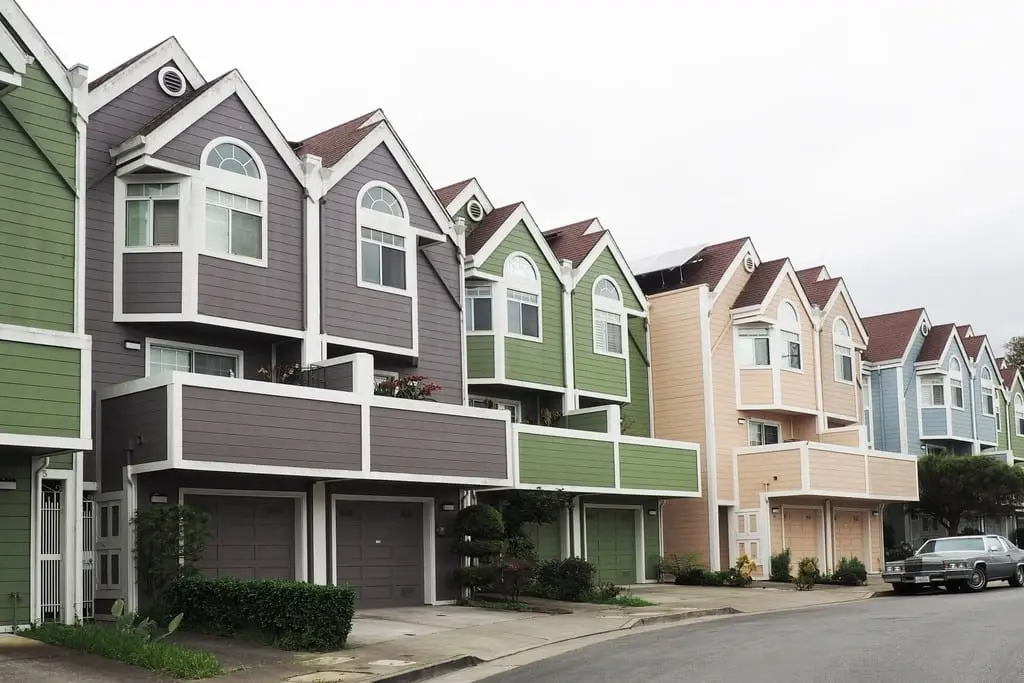A condominium can be an excellent option for a home purchase if you’re looking for something that requires less maintenance than a detached home. Condos bring many benefits, including having your landscaping, exterior building maintenance, and significant repairs handled by the building management.
While much of the more prominent building elements are maintained and repaired by the condo, having a home inspection is still, without a doubt, worth it for all potential buyers to have done by a licensed home inspector. This article will fill you in on all the things that you can expect to be assessed during a condo home inspection and how that differs from a detached home inspection.
What Is A Condo Inspection?
A condo inspection has a lot of commonalities with a detached home but there are a few differences.
The primary purpose of a home inspector is to give you the best assessment of anything in your home that you’ll be responsible for paying for once you are the homeowner. Essentially, they want to help you avoid any unpleasant surprise costs.
This principle is the same for a condo inspection but with a few additional elements. Generally speaking, the building systems of a condo, like plumbing, electrical, HVAC and infrastructure, are considered common elements and are not your responsibility to maintain or repair as an individual homeowner.
All home inspectors are licensed by either the International Association of Certified Home Inspectors (InterNACHI) or the American Society of Home Inspectors. This is a requirement, and your inspector must be able to provide you with proof of their licensing. On top of the federal requirements, each state may have another certification that home inspectors must hold; you can find the info on your state here.
Condo Inspection Checklist
For the most part, a condo inspection will focus on the interior of the unit, since the exterior is composed of common elements that are not the homeowner’s responsibility after purchase. There are some exceptions that a home inspector may cover — we’ll fill you in on those, too.
Your inspector will cover the following systems and give you a very detailed list of exactly what has been assessed in their report:
- Plumbing
- Pipe connections
- Leaks or potential leaks
- Condition of sinks, toilets, showers and bathtubs
- Faulty repairs performed by previous owners
- Electrical
- Faulty wiring
- Loose outlets or light switches
- Any frayed or damaged wiring
- Condition of the breaker box
- Structural
- Condition of door and window seals
- Signs of water damage
- Signs of moisture or mold
- Cracks in the ceiling or walls
- Shared walls
- HVAC
- Often, your HVAC is a common element, but if it’s in your unit your inspector will give you an assessment of its condition
- Miscellaneous
- Deck/ patio condition
- Attic — if your unit has a designated one, or the common attic shares a wall with your unit and is accessible to the inspector
- The roof if it’s accessible, especially if you’re on the top floor
Condo Inspection Cost
A home inspection costs between $300 and $450. The rate will depend on the square footage of your condo, the number of rooms, and the complexity of the spaces that need to be inspected. Average condo home inspection rates differ based on geography, so you may pay more in a city like Chicago than in a small town in Ohio.
Do I Need A Condo Inspection?
When do you need a home inspection when buying a condo? In short — always. When you’re purchasing a new build, you may get advice that you don’t need an inspection, but a new build doesn’t always ensure good quality.
An inspector is trained to look for things that most of us wouldn’t know to look for or what the signs of a potential future problem might be even if we were to see them. For example, loose taps on a kitchen sink. You might not notice this until you’re in the space and using the sink daily, but an inspector would key on something like that, knowing that it creates the potential for a leak. Even a slow leak left unattended for a day can cause damage not only in your suite but to common elements that you are then on the hook to fix. A few hundred dollars will look like an excellent investment when you have to pay thousands of dollars for a repair bill.
The only time you may not need to pay for an inspection is if the seller already did a pre-listing inspection. This means that the seller has paid for an inspection to be done and will disclose the inspection report to you. Even in this case, you may still want to hire your own inspector to ensure an unbiased assessment of the unit.
How To Prepare For A Condo Inspection
Most home inspectors are detail-oriented people by nature, so they’ll be prepared and knowledgeable when they arrive. That doesn’t mean you shouldn’t be prepared with your own questions, though. Here are some key things to ask your condo home inspector:
- Will you be inspecting any common elements?
- What are the most common issues you see in condo buildings?
- Have you inspected any other units in this building?
- When can I expect to receive your report?
In addition to preparing questions, you can also do a few things to make your inspection process run smoothly. Mainly, make sure that any debris is cleaned up, and furniture is pulled away from the walls, so your inspector has visual access to the drywall and electrical outlets. Home inspectors aren’t required to move any obstacles, so try to have as much as you can out of the way for them. You may not be able to do this or get the homeowner to, but you’ll have a happy inspector and a smoother process if you can.

